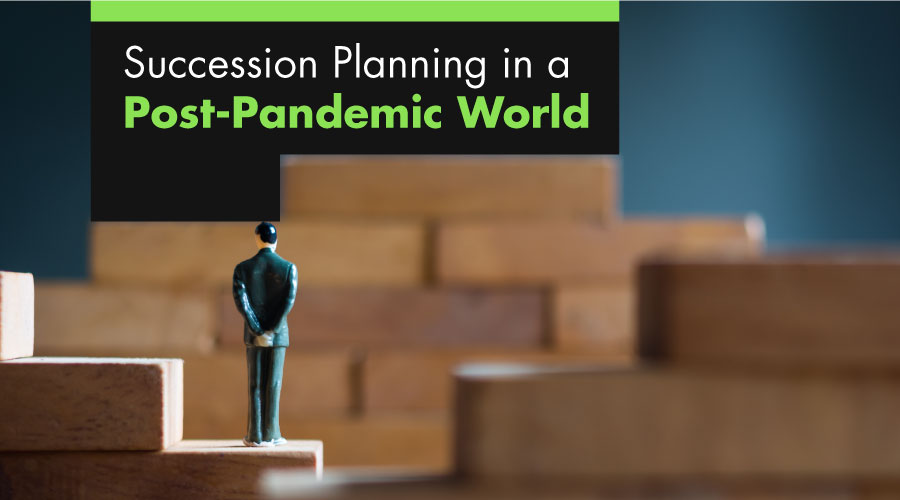The Great Resignation exposed succession planning gaps in facilities management.
As employees began resigning from their positions en masse, starting in early 2021, many operations discovered they lacked succession plans and those who had them found no one had updated them in years.
Stormy Friday, founder and president of the Friday Group, an international facilities services consulting firm, reports the scenario didn’t catch her by surprise.
“Most facility managers consider succession planning a luxury. They say, ‘I know it’s important, but I just don’t have time for it,’” she says.
Now many wish they did. The pandemic ushered in early retirements and tremendous turnover. And as people moved on, these professionals left gaping holes in skills and knowledge behind.
Even those with succession plans found their strategic insights unworkable, adds Teena Shouse, owner of FM Transitions, an education and consulting firm.
“No one had a pandemic in their strategic plans,” she says. “Operations needed to pivot quickly.”
Still, those firms who had previously examined their staffing levels, identified future staffing needs, and developed talent to fill gaps, found themselves better equipped to pivot than those companies that had not, she says.
Succession planning involves identifying talent needs in an organization, then creating a talent pipeline by preparing employees to fill vacancies as others retire or move on.
Experts define successors as those employees with the knowledge, skills and abilities to fill a vacant position permanently or until a permanent replacement gets hired.
“FM organizations are not always good at capturing tribal knowledge,” Friday says. “They don’t sit down with people who have been there since Day 1 and capture their knowledge. Thus, when they leave, all that institutional knowledge walks out the door.”
A lack of institutional knowledge in a post-pandemic world has disastrous impacts, she adds. As more people work from home or companies institute hybrid workplace models, the need for monolithic office buildings has decreased.
“The question becomes what do you do with these buildings?” she says. “If you don’t have institutional tribal knowledge that can tell you about your portfolio, it makes it more difficult to unload or adapt that real estate.”





